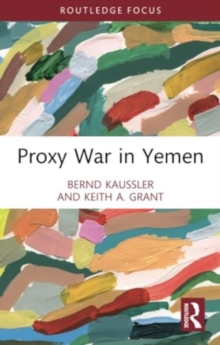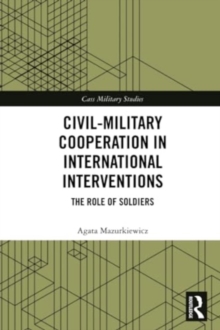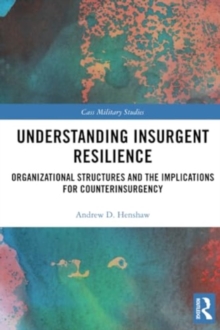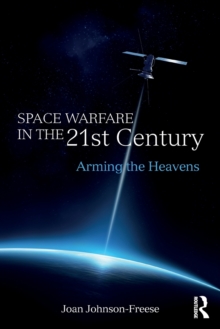
Democratic Civil-Military Relations : Soldiering in 21st Century Europe PDF
Edited by Sabine (Peace Research Institute, Frankfurt, Germany) Mannitz
Part of the Cass Military Studies series
Description
This book examines the ways in which European democracies, including former communist states, are dealing with the new demands placed on their security policies since the cold war by transforming their military structures, and the effects this is having on the conceptualisation of soldiering. In the new security environment, democratic states have called upon their armed forces increasingly to fulfil unconventional tasks – partly civilian, partly humanitarian, and partly military – in most complex, multi-national missions.
Not only have military structures been transformed to make them fit for these new types of deployments, but the new mission types highlight the necessity for democracies to come to terms with a new image and ethos of soldiering in defence of a transnational value community.
Combining a qualitative comparison of twelve countries with an interdisciplinary methodology, this edited volume argues that the ongoing transformations of international politics make it necessary for democracies to address both internal and external factors as they shape their own civil-military relations.
The issues discussed in this work are informed by Democratic Peace theory, which makes it possible to investigate relations within the state at the same time as analysing the international dimension.
This approach gives the book a systematic theoretical framework which distinguishes it from the majority of existing literature on this subject. This book will be of much interest to students of civil-military relations, European politics, democratisation and post-communist transitions, and IR in general.
Information
-
Download - Immediately Available
- Format:PDF
- Pages:336 pages, 9 Tables, black and white; 1 Line drawings, black and white
- Publisher:Taylor & Francis Ltd
- Publication Date:04/05/2012
- Category:
- ISBN:9781136288852
Information
-
Download - Immediately Available
- Format:PDF
- Pages:336 pages, 9 Tables, black and white; 1 Line drawings, black and white
- Publisher:Taylor & Francis Ltd
- Publication Date:04/05/2012
- Category:
- ISBN:9781136288852










